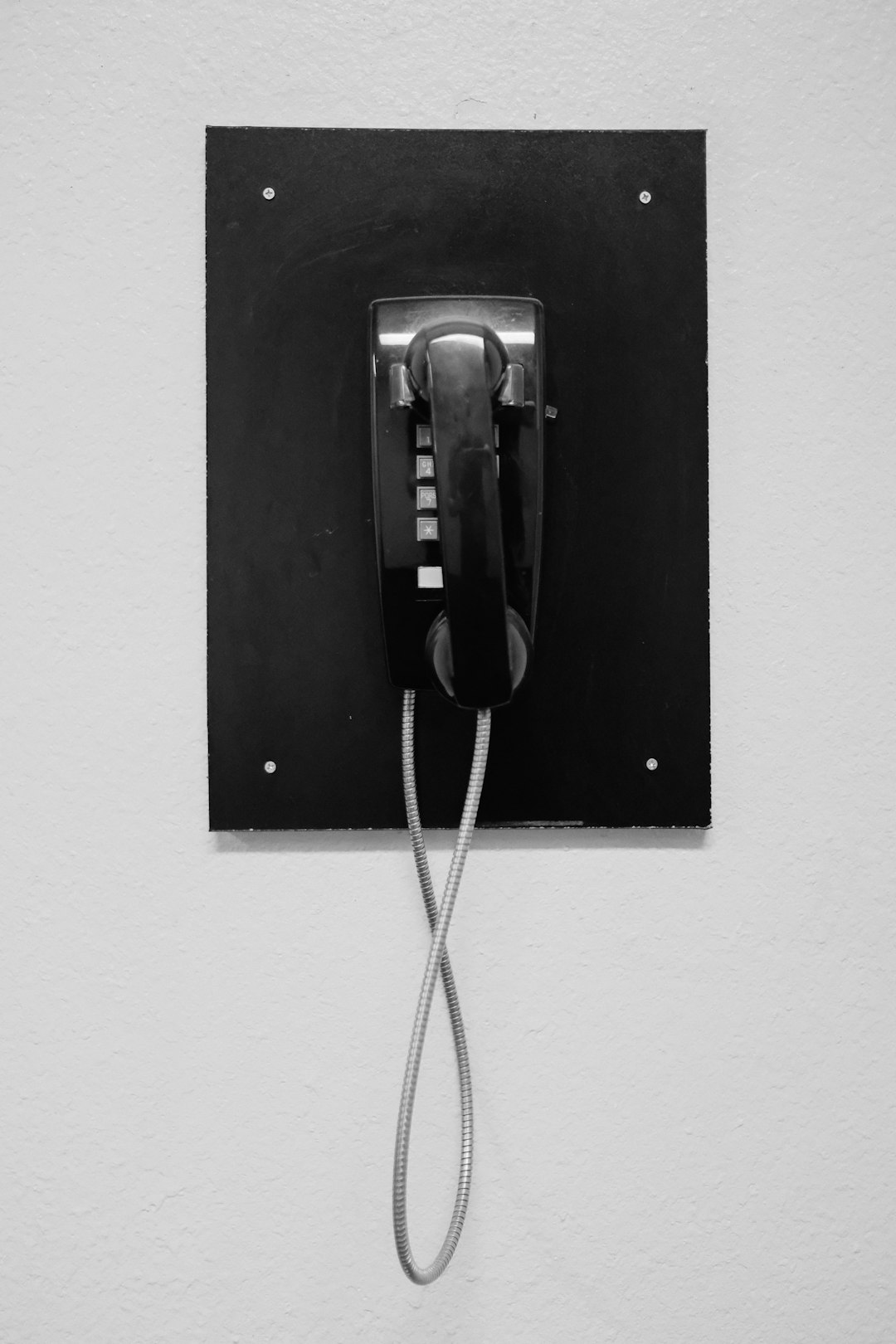Robocalls are a growing nuisance in Newark, DE, driven by telemarketers, debt collectors, and political campaigns. Delaware's stringent spam call law firms regulations, including the National Do-Not-Call Registry and the Telephone Consumer Protection Act (TCPA), offer residents legal protections against unwanted automated calls. By registering their numbers, filing complaints with the FCC, or taking legal action against violative spam call law firms Delaware, Newark locals can reclaim their privacy from intrusive telemarketing practices. Success stories of class-action lawsuits further underscore the effectiveness of these anti-spam measures.
“In the age of digital communication, Newark, Delaware residents have faced an increasing nuisance in the form of unwanted robocalls. This article delves into the legal rights available to Newark citizens against these persistent spam calls, exploring the specific laws in Delaware and their application. We guide readers through understanding robocall impact, navigating the legal framework, and empowering them with strategies to protect their privacy. Additionally, case studies highlight successful anti-spam call actions by local law firms in Delaware.”
Understanding Robocalls and Their Impact on Newark Residents

Robocalls, or automated telephone calls, have become a persistent and often unwanted nuisance for many Newark, Delaware, residents. These pre-recorded messages, typically delivered en masse, are used by telemarketers, debt collectors, political campaigns, and even spam call law firms in Delaware to reach potential clients. While some robocalls offer valuable information or services, many fall into the category of nuisance calls, leading to frustration and privacy concerns among recipients. The constant influx of these automated calls can disrupt daily life, causing stress and disrupting communication patterns.
Newark residents may feel powerless against the deluge of robocalls, but they possess legal rights to protect themselves. Delaware has implemented a Spam Call Law aimed at curtailing excessive and unwanted telemarketing practices. This law empowers residents to take action against persistent robocallers by filing complaints with the state’s regulatory bodies. Understanding one’s rights under this legislation is essential for Newark residents seeking to reclaim control of their phone lines and personal space from these intrusive calls, especially those originating from spam call law firms in Delaware.
The Legal Framework Against Spam Calls in Delaware

In Delaware, the fight against robocalls and spam calls is supported by a robust legal framework designed to protect residents from unwanted and deceptive telemarketing practices. The state has implemented stringent regulations that govern how businesses can contact consumers, with a particular focus on limiting nuisance calls. The Delaware General Assembly has enacted laws that explicitly prohibit certain types of telemarketing activities, including the use of automated dialing systems (ADS) without prior consent. These laws are enforced by the Delaware Attorney General’s Office, which actively investigates and prosecutes violations.
One key aspect of Delaware’s spam call law firms is the strict rules regarding do-not-call lists. Consumers in Newark and across the state can register their phone numbers on the National Do-Not-Call Registry, which prohibits calls from certain telemarketers for at least five years. Additionally, Delaware’s laws allow residents to take legal action against spam call law firms that ignore these restrictions, seeking damages and injunctive relief. This robust framework ensures that Newark residents have a legitimate and effective way to protect themselves from overwhelming and unwanted robocalls.
Rights of Newark Citizens: What They Need to Know

Newark, Delaware residents have legal rights against robocalls, thanks to the Telephone Consumer Protection Act (TCPA). This federal law prohibits businesses and call law firms in Delaware from making automated or prerecorded calls to cell phones or home landlines without prior express consent.
Knowing their rights is crucial for Newark citizens. They can take action if they receive unwanted spam calls by filing a complaint with the Federal Communications Commission (FCC) or taking legal recourse against the offending call law firms in Delaware. This includes seeking damages for each violation, which can be significant, especially given the potential for multiple calls from different sources.
Strategies to Combat Robocalls and Protect Your Privacy

Robocalls can be a persistent and invasive problem, but there are several strategies residents of Newark, Delaware, can employ to combat them and protect their privacy. One effective approach is to register on the National Do Not Call Registry. This federal list restricts telemarketers from calling residential telephone numbers for purposes other than emergency services or non-commercial purposes. By signing up, you gain a layer of protection against unwanted calls.
Additionally, many state laws, including Delaware’s Spam Call law firms, offer further safeguards. These laws often enable residents to file complaints against persistent robocallers, leading to potential penalties for violators. Utilizing call-blocking apps and software is another practical solution, as these tools can identify and block numbers associated with spam calls. Educating yourself about the legal rights and available resources is key to reclaiming your phone lines from relentless robocalls.
Case Studies: Success Stories of Anti-Spam Call Actions

In recent years, numerous successful legal actions against spam calls have been seen across the United States, including Delaware. These cases highlight the growing importance of consumer protection against unsolicited and harassing phone calls. One notable example involves a class-action lawsuit filed against several telemarketing companies in Delaware state court. The plaintiffs alleged that the defendants violated state law by making repetitive and unwanted sales calls, despite the consumers’ explicit requests to stop. The case resulted in a substantial settlement, providing financial relief to countless affected residents.
The outcome served as a powerful deterrent, leading to an increase in awareness among both call recipients and telemarketers about the legal ramifications of spam calling. Many Delaware residents have since taken action against violators with the help of local spam call law firms, resulting in additional successful resolutions. These success stories not only offer hope to those plagued by robocalls but also reinforce the effectiveness of existing anti-spam legislation, encouraging further efforts to curb this pervasive nuisance.






